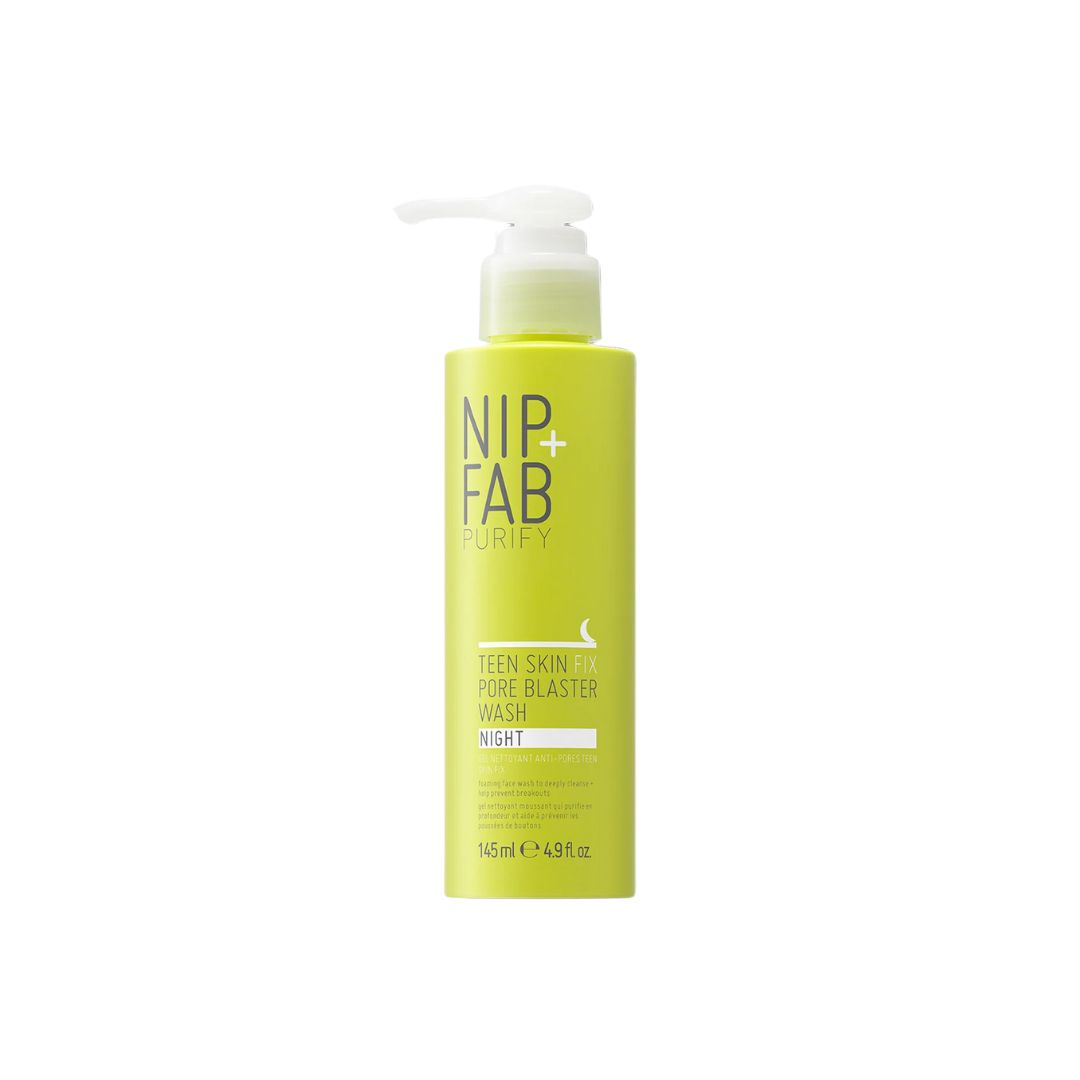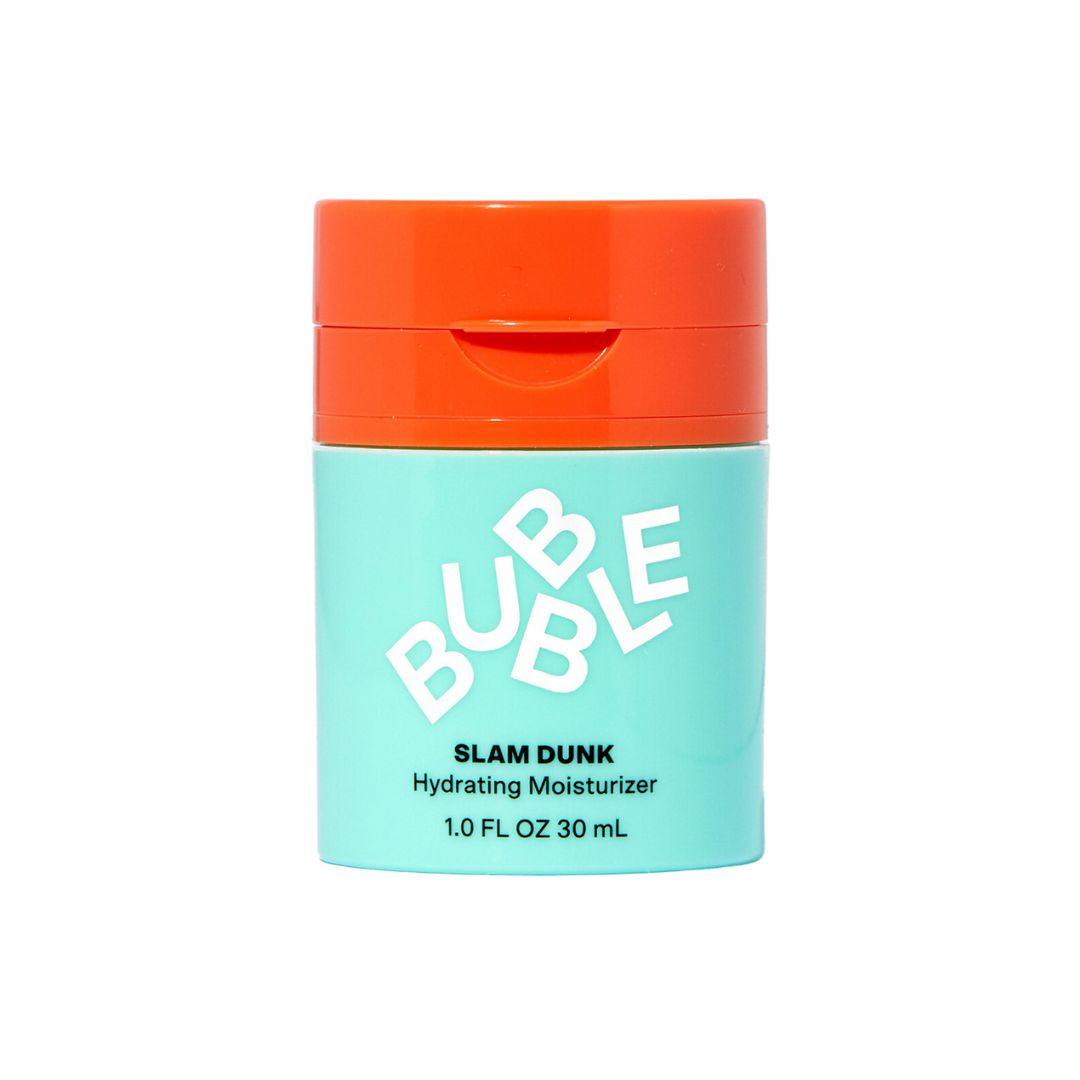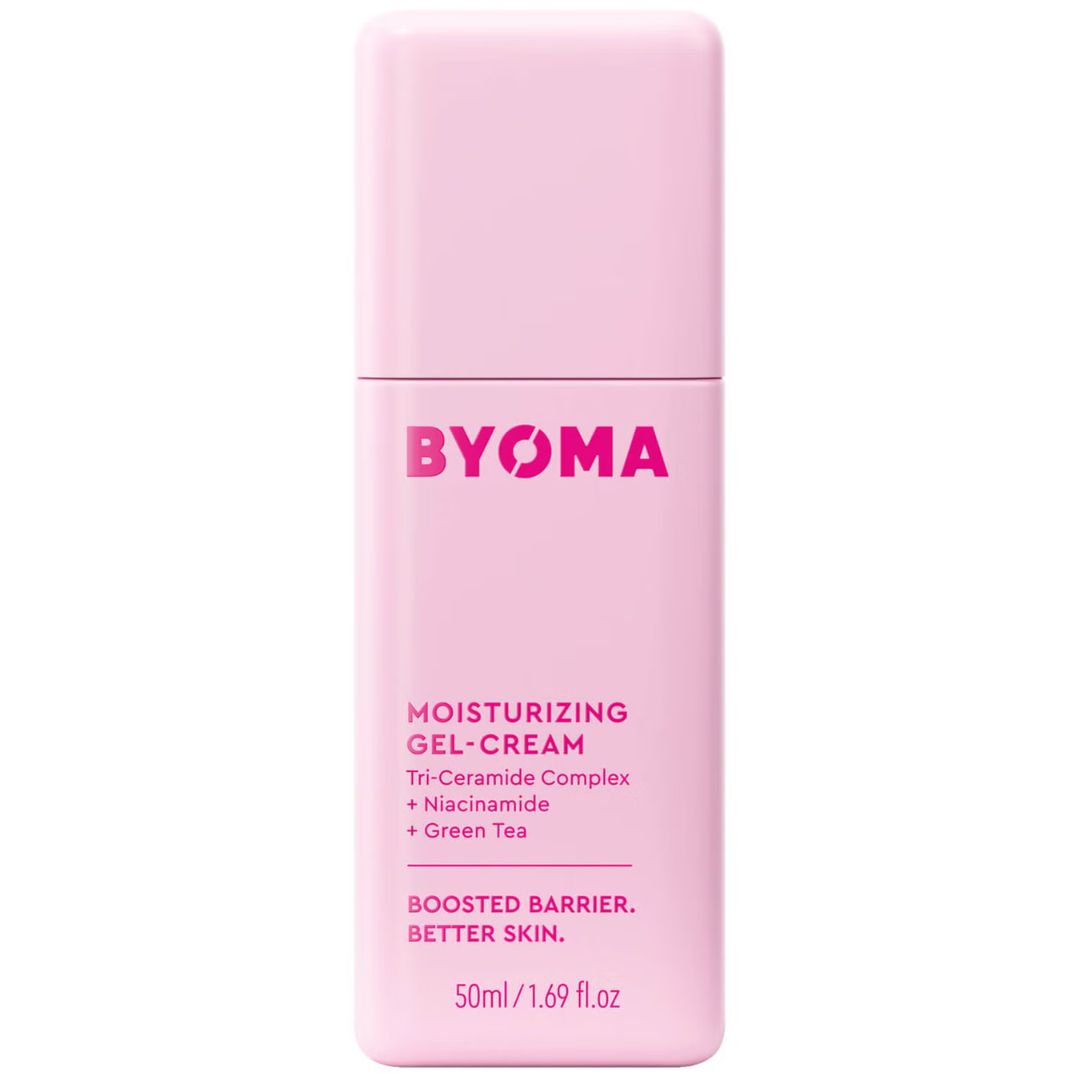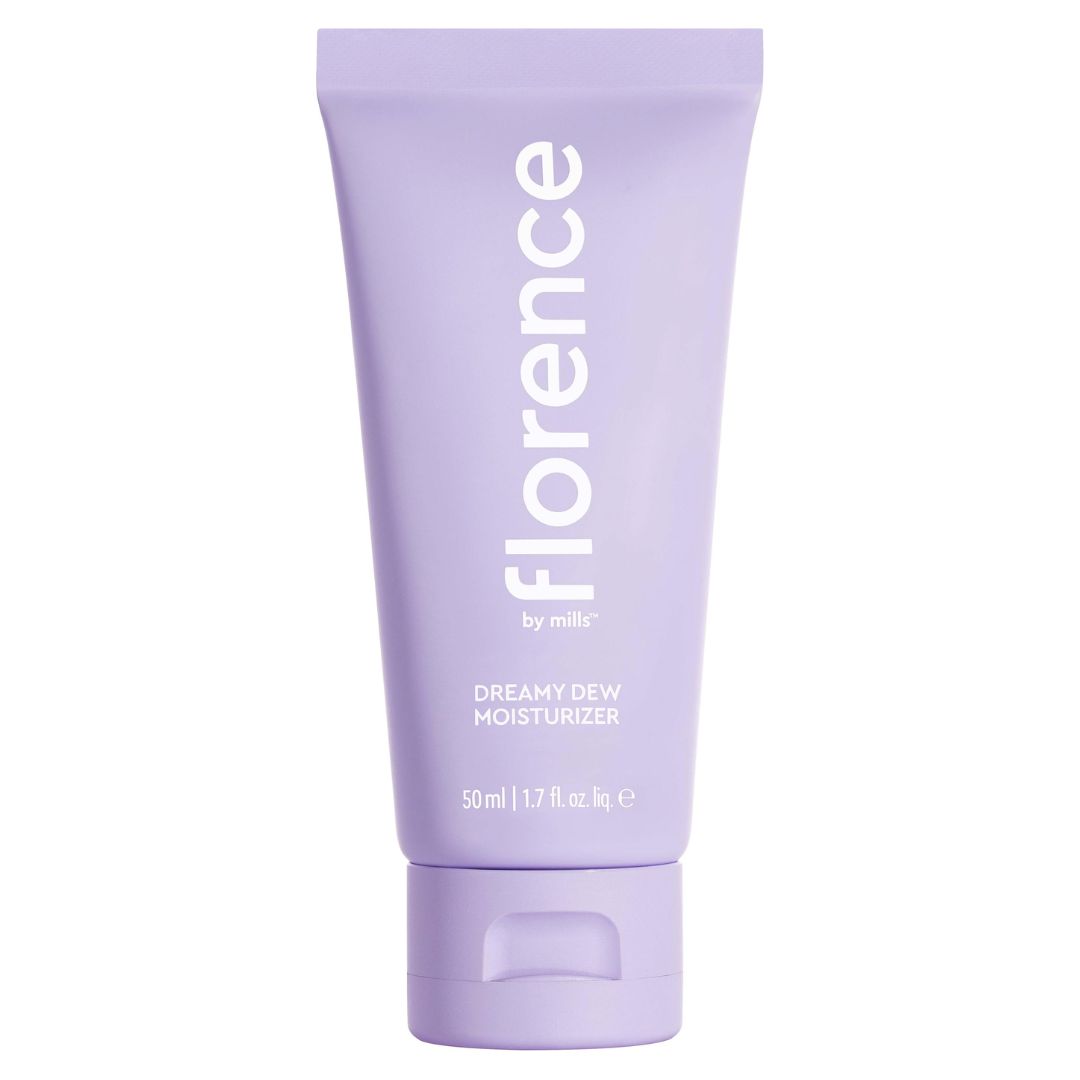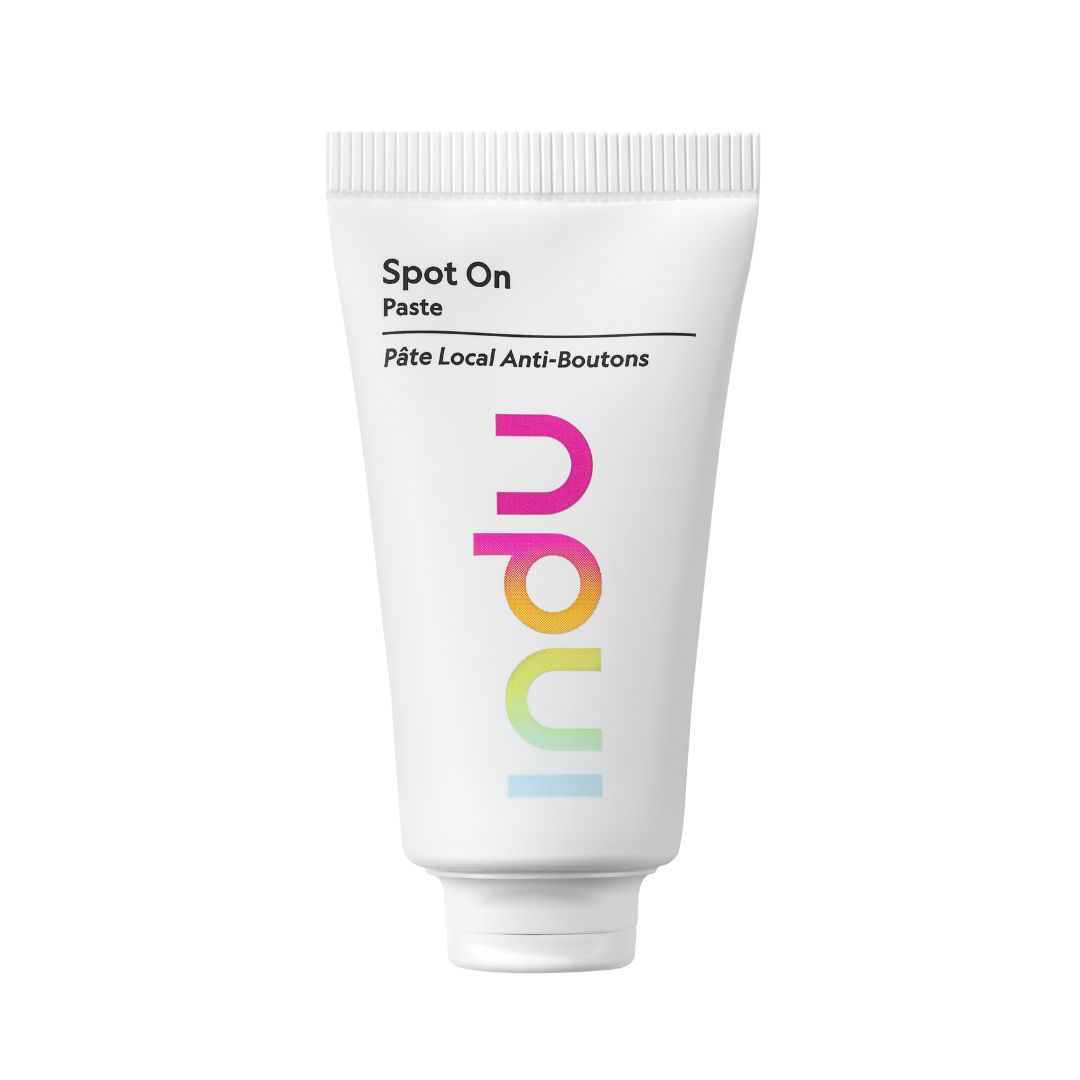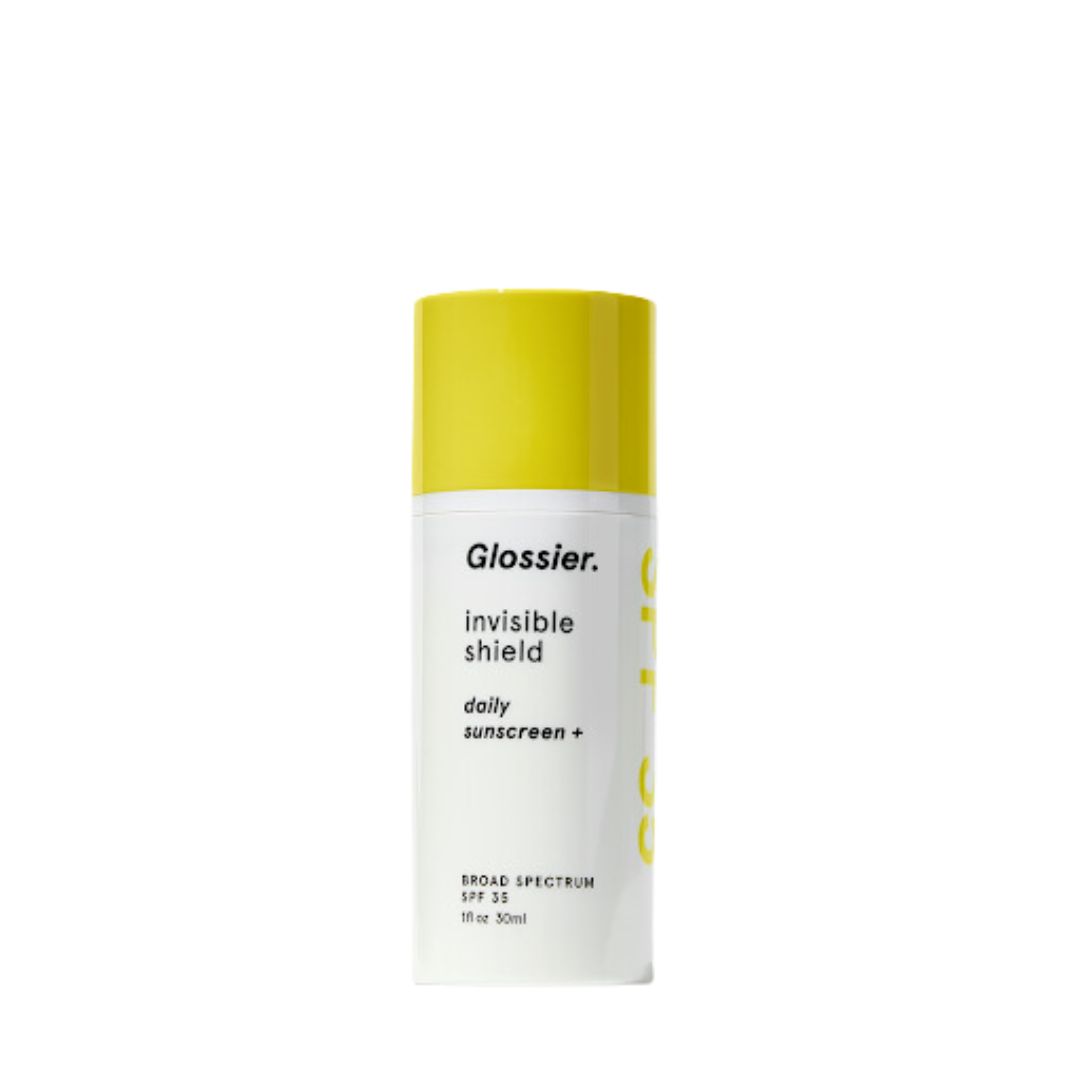Yes, the fact teenagers are using retinol and glycolic acid in 2024 is cause for major concern—here's why

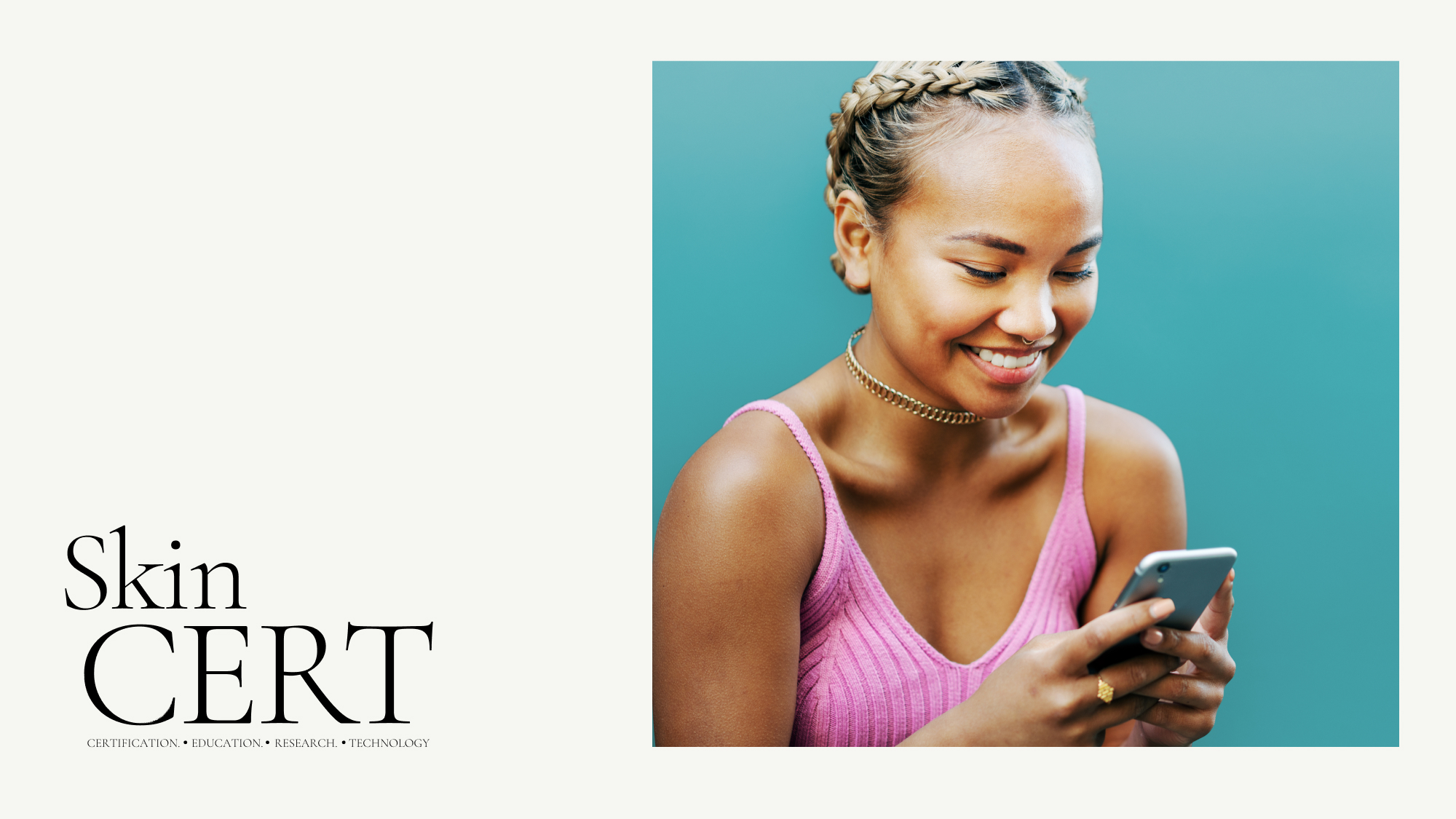
There’s a rise in the number of teens - and more alarmingly a number of younger children - reaching for highly active skincare products in a bid to recreate the skincare routines of the content creators they're watching on TikTok. However, in doing so rather than achieving perfect skin, they are in fact causing severe damage. Whilst social media is a wonderful place to broadcast information and educate, the lack of regulation around misinformation has a lot to answer for.
Just after Christmas I was having dinner with a friend. We were talking, as you always do in January, about how we had coped with an extended time with our families. We talked about the drinks, the arguments and of course the gifts. I told her about the chic Host candlestick holders that my husband had given me and she told me something so shocking that I had to put my cutlery down. Her 13 year-old niece had been given a bottle of Drunk Elephant's Baby Facial.
If you are unfamiliar with this product, it's a brilliant and effective exfoliating face mask formulated with punchy AHA and BHAs to help improve texture, brighten dullness and even out skin tone. On the back of the bottle it recommends using it once a week for no longer than 20 minutes and those with sensitised skin should avoid it. As a 36-year-old woman whose skin often needs a pick-me-up, I absolutely love it, but it's a powerful product so I stick to the rules and am careful with how I use it.
The idea that any 13-year-old, with young, bouncy, collagen-rich skin, would be using this product is not only shocking, but quite frankly confusing. Why on earth would she want to use it? And what had it done to her skin?
I took to TikTok to do my own research and it took me a very short time to find what I was looking for: videos of early teens (and younger children) filming themselves doing their skincare routines with potent products that I use to target my ageing skin. There were also clips shot in beauty departments of pre-pubescent girls getting excited about buying glycolic acid serums. I'm not exaggerating, these younger children were crying with happiness...about an exfoliating acid that stimulated fibroblasts to produce more collagen.
A couple of weeks after that dinner with my friend, I went to a breakfast with Dr Maryam Zamani who was extending her MZ Skin product range to include a new Calming range. Designed to soothe irritated, sensitive and redness-prone skin, Dr Zamani explained that there's an increased demand for products that help rebuild the skin barrier, as she was seeing more of her clients coming to her clinic with increased inflammation, triggered by the overuse of active ingredients. She also mentioned that she had seen steep rise in younger people with serious skin issues, caused by the same thing. "With the use of active skincare," she says. "I am seeing more patients presenting with perioral dermatitis, periorbital dermatitis, and over sensitised skin."
It was clear to me that there was something at play here. I asked other dermatologists and clinics whether they too had seen a rise in the number of young people with skin complaints seemingly caused by using products containing active ingredients.
Celebrity news, beauty, fashion advice, and fascinating features, delivered straight to your inbox!
"There is definitely an increase in young people coming to see me with inappropriate (or not age-appropriate) skin care that is causing all sorts of problems," says Dr Eirini Merika, Consultant Dermatologist at Montrose London.
"Including adverse skin reactions, such as red, burning, peeling skin, skin infections, allergic reactions and even exacerbations of pre-existing skin conditions such as atopic dermatitis or acne due to inappropriate use of active ingredients."
Dr Eirini Merika
She added that there was growing concern from parents about the products their children had bought following recommendations from friends and the media. She had mums and dads asking about whether their children should be using certain ingredients yet, explaining that they'd had severe reactions from using certain products.
Dr Bei Bei Du Harper, another dermatologist and a skin scientist, was quick to agree that more and more teens were "inappropriately using strong exfoliating acids or a retinoid eye cream and developing skin irritation." When I asked her what she thought was the main culprit behind it, she said: "exposure to social media, [and] choosing skincare based upon trends and packaging rather than what their skin needs."
We all know the power of social media, this is nothing new. It has an incredible amount of influence on our everyday lives, especially for the younger generations who are born into this digital-first age. Dove recently commissioned a survey that identified one in three young girls are expected to have cosmetic work or plastic surgery to alter their appearance as they age. "Today, girls are exposed to adult skincare content online and pressures to look a certain way at a very young age, to the extent that they’re adding products designed for adults to their wish lists and skincare regimens, without understanding the possible consequences for their physical and mental health. All of this contributes to a toxic culture of unrealistic beauty standards and pressures,” explains Dr Phillippa Diedrichs, PhD, Professor of Psychology and leading body image expert who worked with Dove on its #TheFaceof10 campaign, which is hoping to educate parents and caregivers on this issue. "When did 10-year-olds start worrying about wrinkles and getting older? It is time to speak up to highlight the absurdity and protect their self-esteem,” says Firdaous El Honsali, Dove's Global Vice President.
What are brands doing to deal with this issue?
Brands are aware of this growing problem. Mantle, the Scandinavian skincare brand, recently became one of the first brands to restrict individuals under the age of 18 from buying products through its website. "We find it problematic that children and teenagers can buy and use active products that aren't suitable for them," says CEO Josefin Landgård. She said she brought in the new age restrictions following the growing trend of children and teenagers longing for products that aren't suitable for them just because they're trending on TikTok. Whilst she isn't aware if there have been any teen Mantle customers, she thinks it's Mantle's duty to raise its voice in the hope that other brands and retailers follow suit. "The anti-ageing message of the industry and society has run deep when we have 9-year-olds wanting anti-ageing products and think that three serums layered each morning is necessary."
Arguably, the brand at the centre of this issue is Drunk Elephant. Known for its bright packaging and fun product names, the majority of the products in the TikTok videos I watched were Drunk Elephant. This isn't news to the brand, it has issued statements on its platforms and claims that many of its products are safe for all skin, including children's and teenager's. There's also a section on its website called "Younger Fans" that recommends exactly which products can be used on younger skin and which it recommends exercising caution with
A post shared by Drunk Elephant (@drunkelephant)
A photo posted by on
What ingredients should teens steer clear of?
So what are the main sources of these skin issues? Dr Bei Bei, Dr Zamani and Dr Merika all seemed to agree that it's the misuse of active ingredients - retinals, exfoliating acids and antioxidants - that's to blame. "Active ingredients aren’t inherently harmful," says Dr Bei Bei. "It is more that they are being used or incorporated inappropriately."
She was keen to point out that when used correctly some of these ingredients can be useful to some younger skin. "In reality, we actually often recommend treatments containing salicylic acid or retinoids to teens for acne, so it’s not that they categorically have to avoid these things. However, they need to have an awareness of what their skin actually needs - and if they don’t have acne or oily skin then they don’t need these kinds of products."
It's common for those going through puberty to be plaugued by blemishes and in some cases quite severe cases of acne, so Dr Zamani says she will often suggest "a skincare routine that helps manage breakouts, reduces inflammation, and promotes overall skin health. Salicylic acid is a great ingredient to deep cleanse the pore preventing blackheads, or whiteheads as it is an oil loving acid."
What should teenagers be using on their skin?
Again, our experts were once again in agreement about this: cleanse, moisturise and protect. "Generally speaking cleanser, moisturiser, and sunscreen is the gold triad for all skin care routines," says Dr Merika. "It's essential to focus on gentle yet effective ingredients that cater to the specific needs of youthful skin," adds Dr Zamani. "I recommend using a gentle cleanser at night, targeted skin care if there is acne under the guidance of a doctor, moisturiser and SPF."
We know that there is mass appeal for the brightly packaged branding, thankfully there are a number of teen appropriate brands that fall into this category, like Spots + Stripes and indu. indu actually consults with teenagers when creating its products. Not only is it packaged in an appealing way, but it also has efficacious formulas that help teens work with their skin not against it. There's a make-up category and a skincare line. Within the skincare range there were ingredients that were specifically not included: "We left out any ingredients that should be exclusively for adults such as retinoids, vitamin C, aggressive exfoliants like AHA and other anti-ageing ingredients such as collagen," says Gaia Carminati, Head of Product Development. "Our goal is to give teens the knowledge and products to start a healthy relationship with beauty," says Co-Founder, Reena Hammer. "Where they should be themselves and have fun in a safe space. In the coming months we are launching a whole education hub on our website. There is a lot of misinformation out there so our approach is clear simple honest information."
And if you know a teen desperately asking for a Drunk Elephant product for their birthday, that's OK too. There are products in the brand's line-up that are fine to be used on younger skin. Namely, Beste Jelly Cleanser, Lala Retro Whipped Cream and Umbra Sheer Physical Daily Defense.
The key really is knowing what your teen's skin needs.
Best skincare for teens
Best cleansers for teens
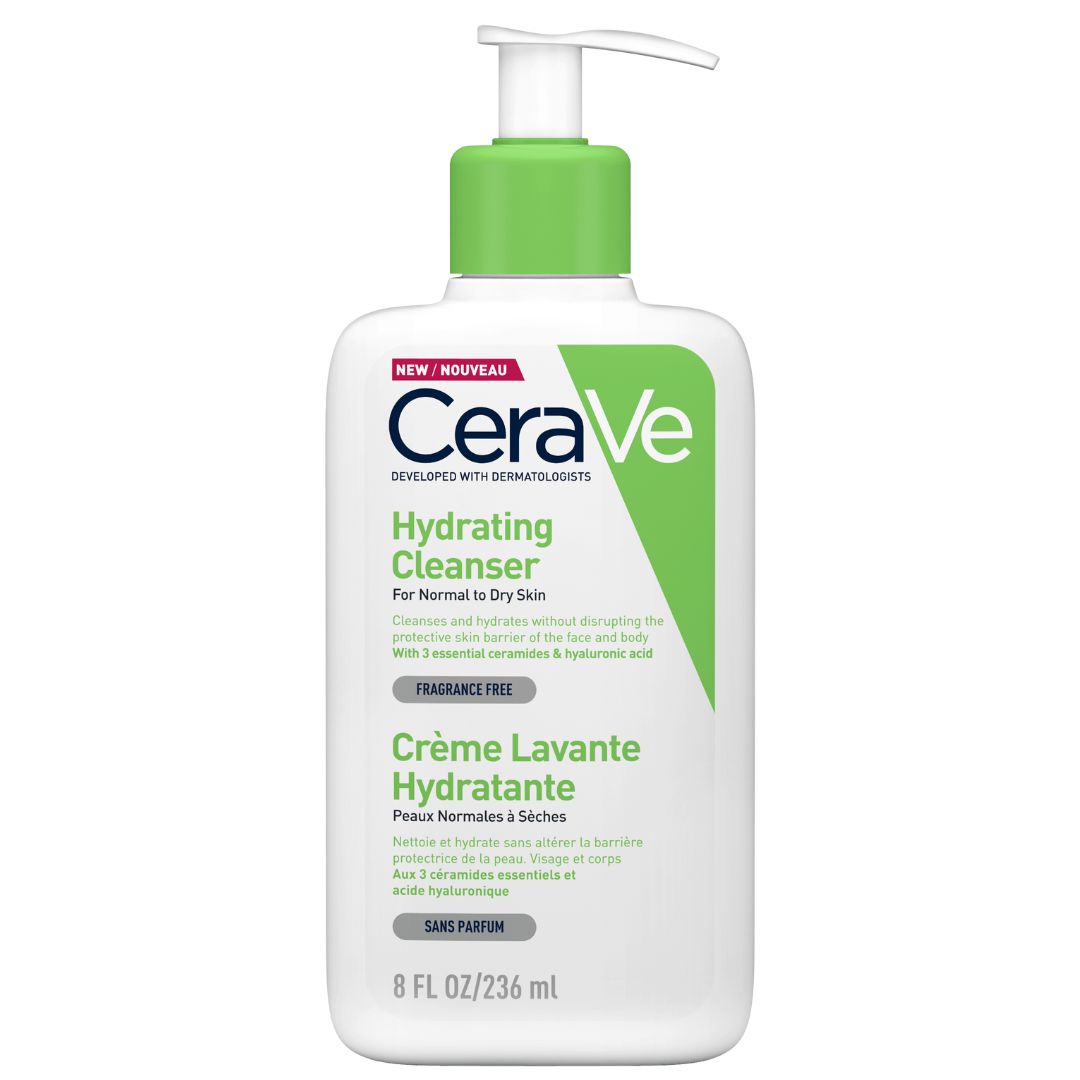
This is an absolutely brilliant cleanser that I myself use in my everyday skincare routine. It's incredibly gentle, won't irritate skin and doesn't cost the earth. It's perfect for teen skin. In fact, whilst the packaging is bright, CeraVe could do with a little jazzing up if you ask me and that would make its products all the more appealing to a younger audience.
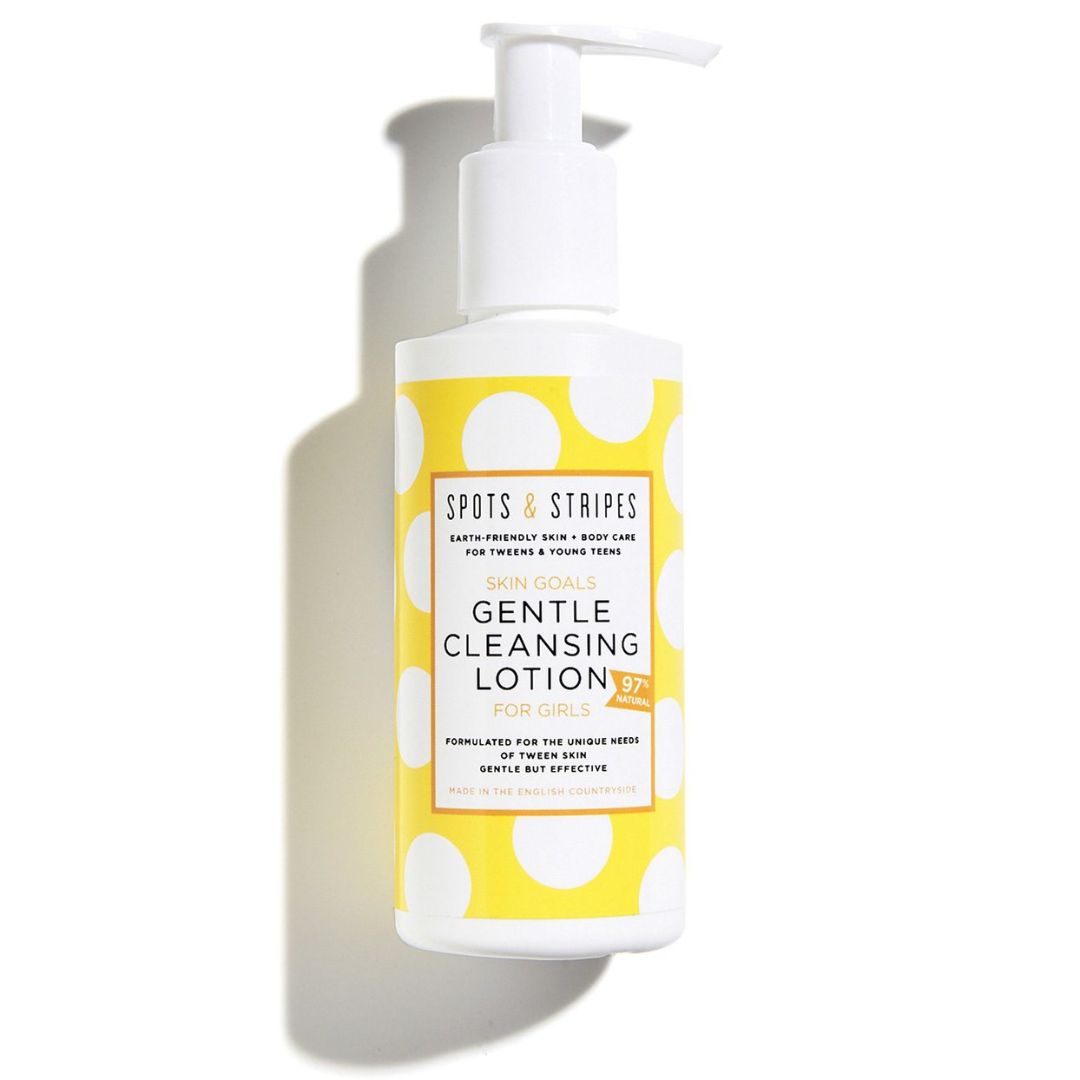
This brand was created to bridge the gap between baby bath and body products and adult skincare. It's designed for early teens who want to start getting involved with their skincare. There's a line for boys and another for girls. This Gentle Cleansing Lotion For Girls would look fab in any bathroom cabinet.
Best moisturisers for teens
Best spot treatments for teens
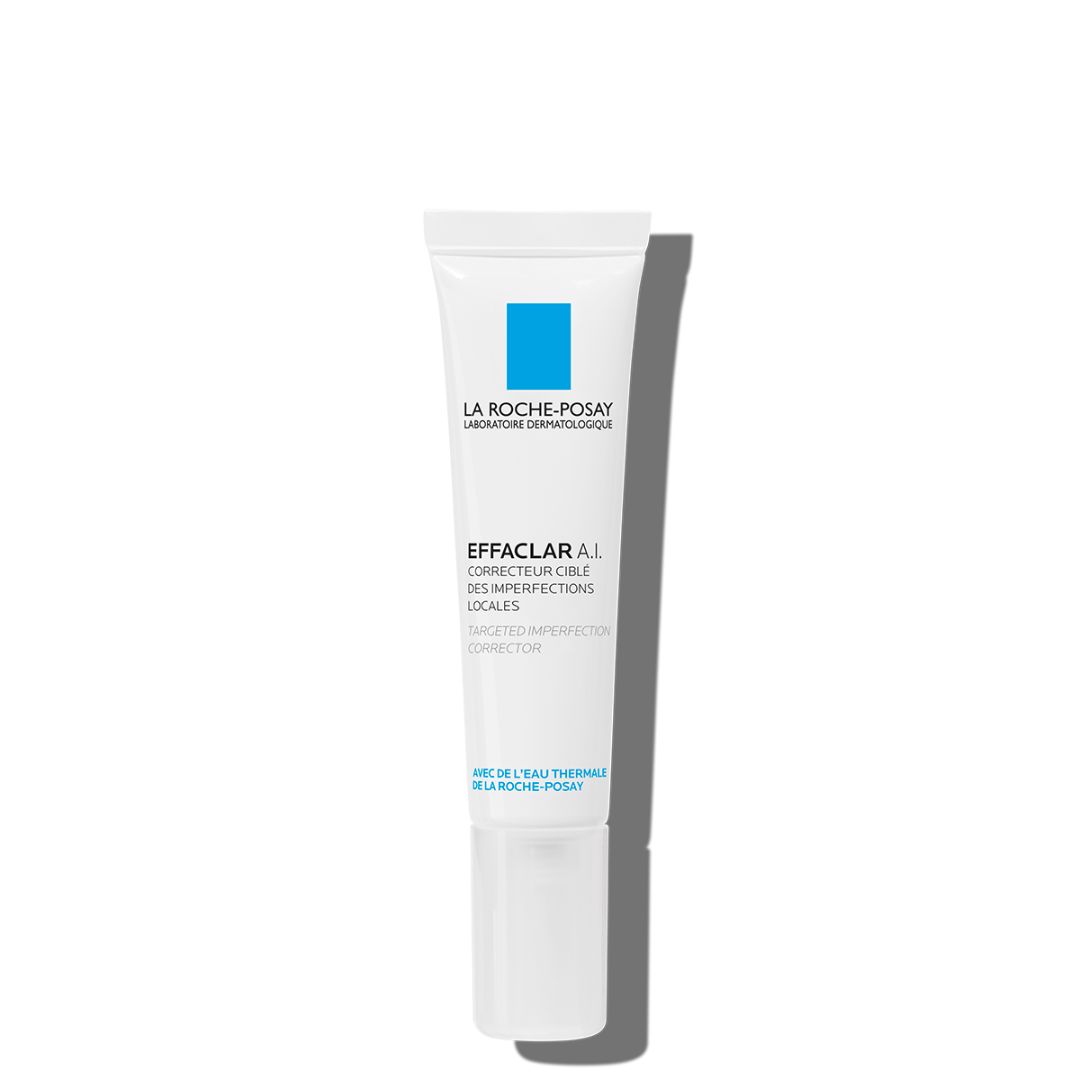
Spots, unfortunately, go hand-in-hand with hormones. And even more so with puberty hormones. As a beauty editor, I know that with the right skincare, blemishes and spots can be controlled and one of the only brands that I would rely on for that is La Roche Posay.
Best SPF for teens
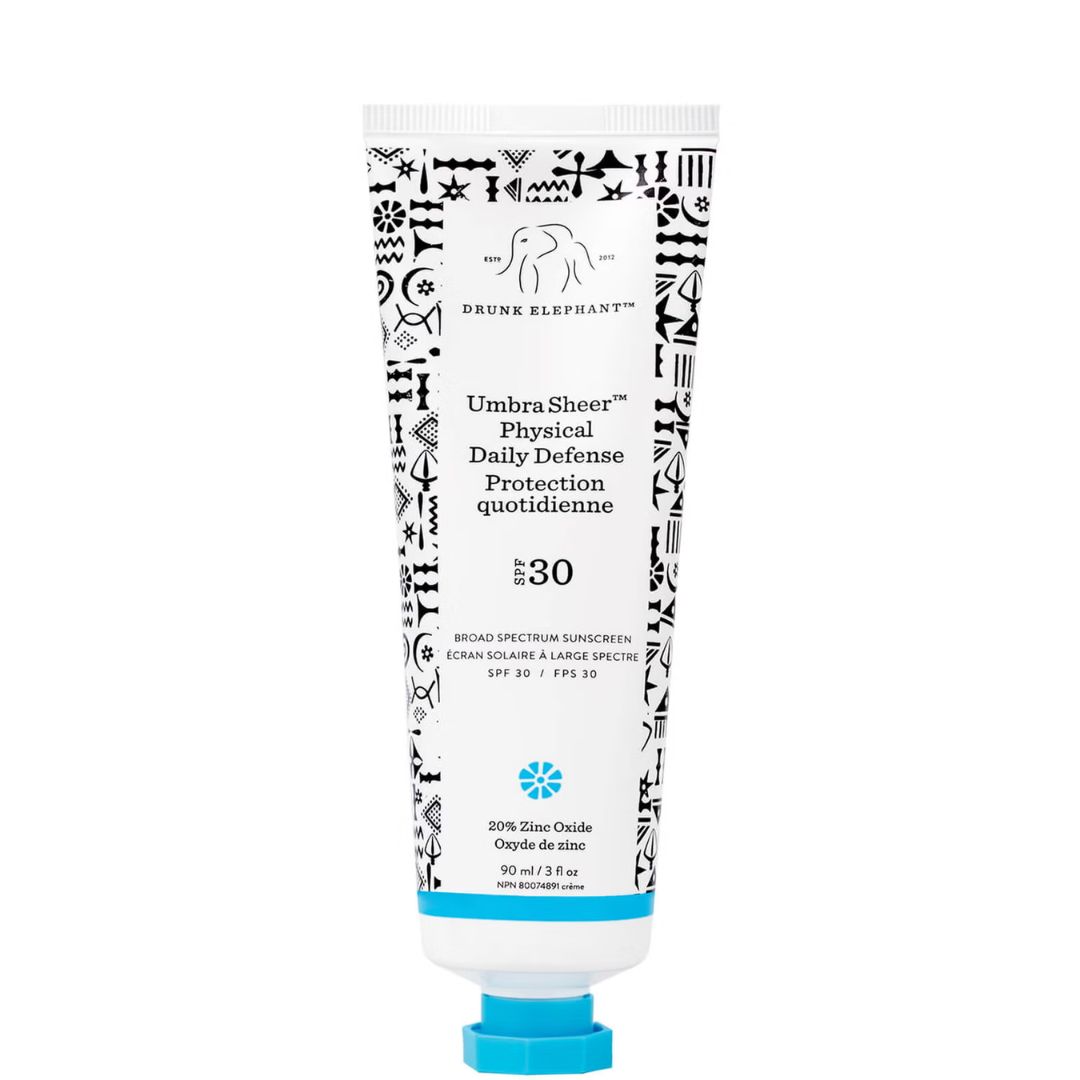
I had to include Drunk Elephant in the list. After all, it's tough saying no to a child. But this daily SPF appears on the pre-approved list by the brand of being teen-friendly. As someone who has recently discovered that I have a lot of sun damage on my face caused by not wearing sunscreen on my face at a young age, I would 100% be encouraging my child to be wearing one.
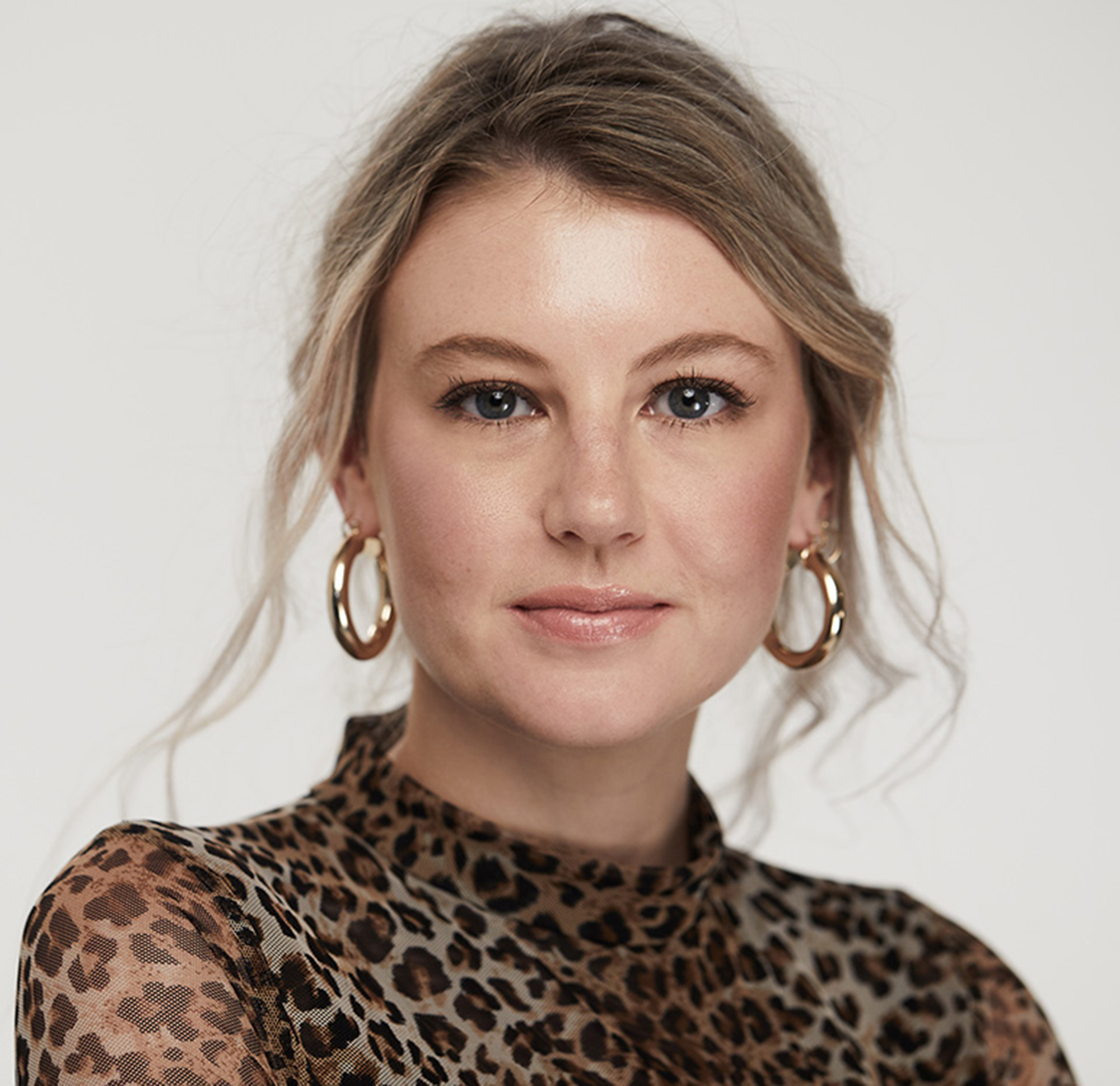
Katie Thomas is the Senior Beauty Editor at Marie Claire UK. With over 10 years of experience on women's luxury lifestyle titles, she covers everything from the best beauty looks from the red carpet and stand out trends from the catwalk, to colonic irrigation and to the best mascaras on the market.
